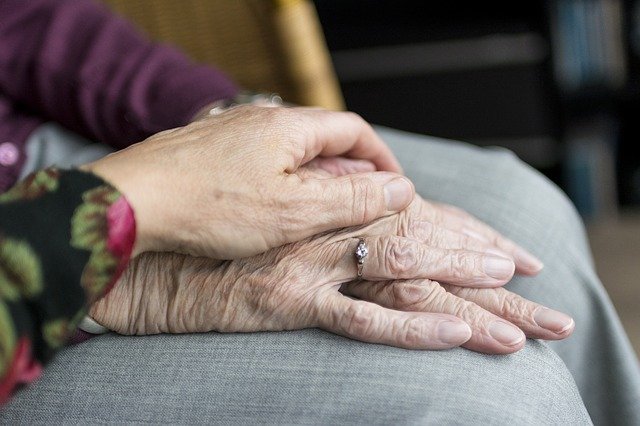There is a huge demographic problem in the EU. Since the 1970s, the birth rate in most industrialised countries has been below 2.0, reaching the point where the population no longer reproduced, nor sustained itself, but shrank. This is causing huge problems today.
What is the problem with demography?
It is a simple calculation. At a rate of less than 2.0, the proportion of young people in the population is reduced. At the same time, life expectancy increased by about 10 years over the same period. This circumstance leads to the fact that, relatively speaking, there are even more old people who also draw a lifelong pension. Many of these fellow citizens will also need care at some point due to illness. But how is this to be achieved? How are more and more people in need of care to be cared for by fewer and fewer people who are able to work? One thing is clear. Such a problem can only be solved by migration from outside.
Care workers from abroad – permitted in the EU
There is a massive problem with care in the EU. In nursing homes, conditions often prevail that do not allow for a dignified life. Nursing professions are generally considered massively underpaid, and the number of applicants is at a record low. Therefore, governments are trying to recruit staff from the EU area for these jobs. After all, there is freedom of movement with regard to the place of work. But this solution was not a good one. A major shift began from the poorer countries in Eastern Europe to the richer ones in the West and North. For the wealthy nations, this was still too few personnel. In Eastern Europe, on the other hand, poor people were now unable to find care for the elderly. This exacerbated the problem in some regions.
The EU institutions then decided to further open up the labour market to third countries. Now it was permitted, even desired, to promote the placement of care workers from abroad. Employees from the care professions can obtain a work permit in the EU relatively easily.
This means that every citizen is free to look after his or her own care or that of relatives. And they can do so with the help of staff from abroad. It is a good alternative to a nursing home. Because you can bring the staff into your own home and enjoy your twilight years there.
Care workers from abroad – what to look out for?
It is important to know that care workers from abroad must be treated according to the same legal conditions as required by local laws. Care workers receive legally guaranteed days of leave. There is also a maximum number of hours that may be worked per day. So a 24-hour service by a single person is not always possible. It should also be noted that many countries have introduced a statutory minimum wage. Therefore, there should be no illusion that one will get a cheap helper to take care of everything for just a few euros. Above all, there are precise job descriptions about what they are allowed to do and what they are not.
Foreign nursing staff – what are the advantages?
Many schools and universities in third countries have specialised in preparing workers for this situation. They have set up courses where knowledge is imparted, sometimes at the top level. In South America, for example, nurses attend universities. They usually learn the foreign language of the region they are sent to. So usually the people are well trained and do a great job.
With the help of an individual carer, it is possible to live independently for as long as possible without having to go into a home. Above all, a nursing home often costs more than care at home.
